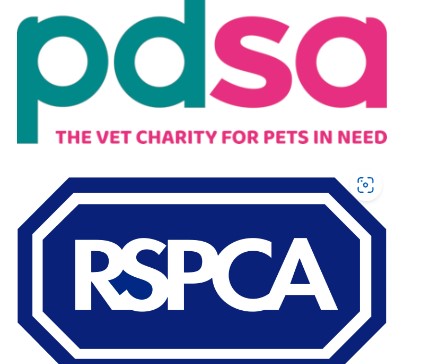Around 40 RSPCA staff are to transfer to vet charity the PDSA, which is to take over the running of part of the animal welfare organisations’ veterinary services.
The move comes as the RSPCA looks to focus its veterinary care on treating animals rescued from cruelty and neglect and away from subsidised public veterinary care.
Through the arrangement the PDSA will acquire the RSPCA’s Finsbury Park Animal Hospital in London.
The RSPCA says that “there will be no proposed job losses” through the agreement that involves the transfer of around 40 staff to the PDSA on the same pay and conditions under TUPE arrangements.
Also, through the deal the PDSA will support pet owners registered with the RSPCA, either through access to its pet hospitals or providing alterative support through a £1m treatment fund from both charities.
Meanwhile, veterinary staff at the RSPCA’s other sites will remain in their roles.
In addition, subsidised care from vets at local RSPCA branch clinics to members of the public on low incomes will also continue.
PDSA & @RSPCA_official are forging a new partnership. As RSPCA ceases its public vet services to focus on helping more animal victims of cruelty & neglect, PDSA has taken the decision to offer support to pets & their owners registered with RSPCA: https://t.co/l9qJYb9LaC pic.twitter.com/Kv1tKTfT5h
— PDSA (@PDSA_HQ) September 6, 2022
“Collaborating with the RSPCA strengthens our position in the sector as the vet charity in the UK and allows us to move closer to our vision of a society in which no pet suffers due to poverty, at a time when people need it most,” said PDSA director general Jan McLoughlin.
“With household budgets stretched to breaking point, expanding the reach of our vital work means we can help even more pets in need, and support those in financial hardship who would otherwise have nowhere to turn.
“We’re supported by the generosity of the pet-loving public and working in partnership with the RSPCA in carrying out their inspectorate work, where we have the capacity, allows donors’ money to go further.
“Amazing things can happen when charities work together, and the positive benefits of our work will impact pets, animals and people across the UK.”
RSPCA chief executive Chis Sherwood added: “This is a powerful partnership which helps both people and animals at a time when our services are needed more than ever due to the cost-of-living crisis.
“We are already seeing the devastating impact of the crisis with reports of abandoned animals up by almost a quarter, many of which involve animals with complex health issues which will need specialist vet care before we can find them loving new homes.”












Recent Stories